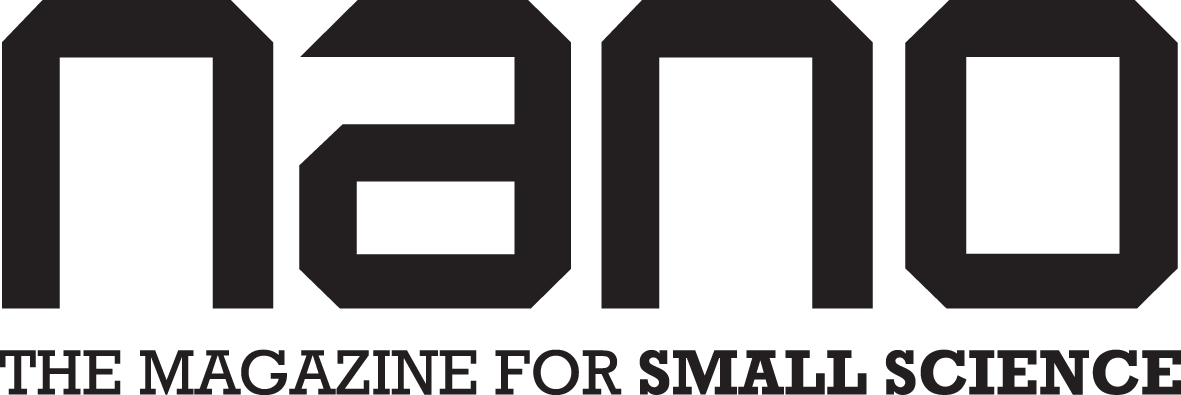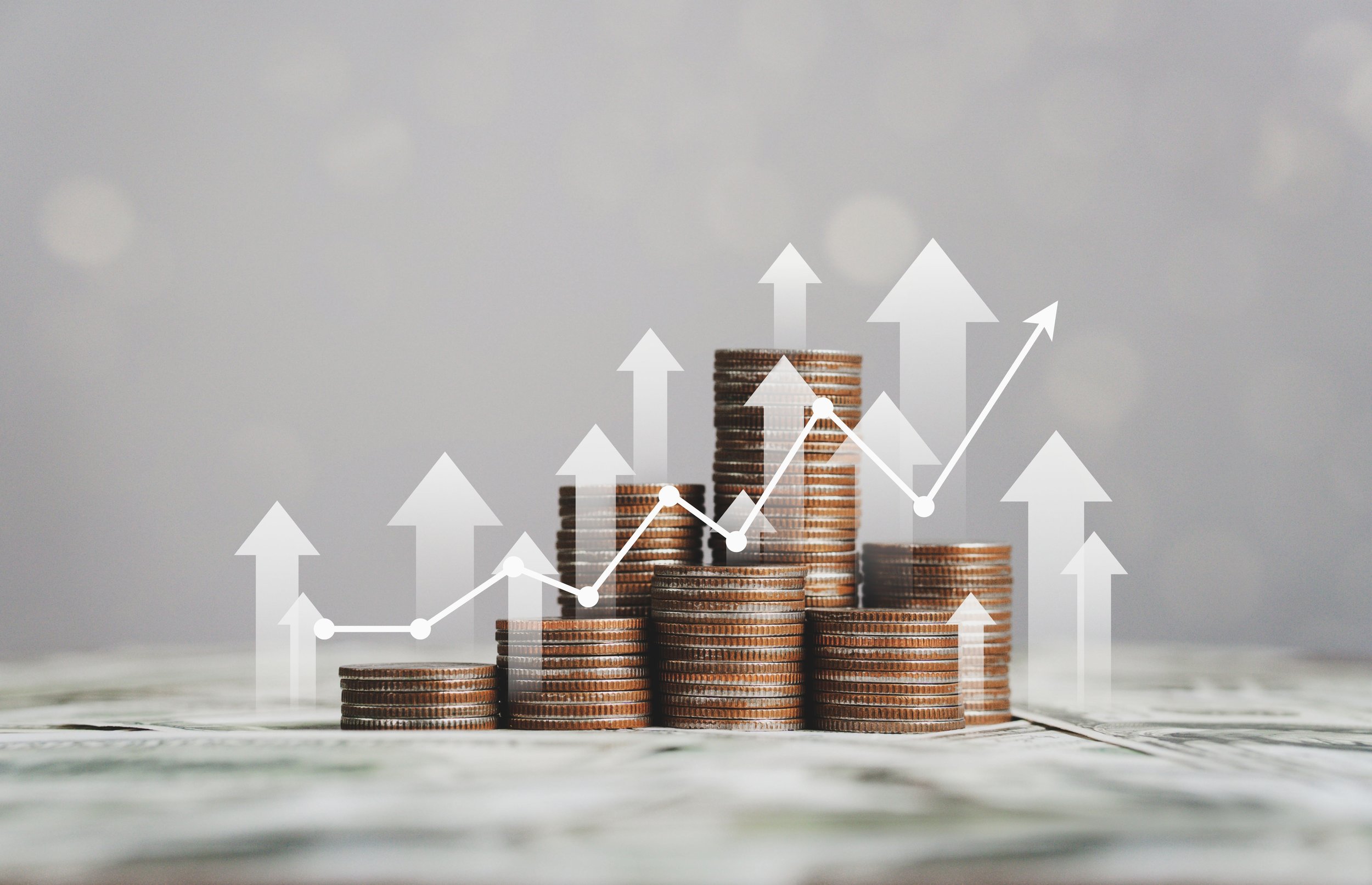Driving Economic Recovery with Nanotech Innovations

In the wake of economic challenges, the role of nanotechnology has been increasingly recognised as a catalyst for innovation and growth.
This field, which involves the manipulation of matter at the atomic and molecular scale, has profound implications across various industries, from microelectronics to healthcare, driving forward advancements that are pivotal for economic rejuvenation.
Recent studies have quantified the impact of nanotechnology, revealing its significant contribution to the U.S. economy. In 2022 alone, the sector was estimated to have generated between $67 billion and $83 billion, a remarkable return on the U.S. Government's investment of around $40 billion over the past two decades through the National Nanotechnology Initiative (NNI). This initiative was designed to foster U.S. leadership in nanoscale science to harness the societal benefits of nanotechnology.
Beyond the direct financial metrics, nanotechnology's influence permeates various commercial sectors, enhancing products and processes. For example, integrating nanoscale technologies in the microelectronics and semiconductor industries has been transformative, with every competitive product in the sector now featuring nanoscale dimensions. This integration has significantly boosted the estimated economic impact to $268 to $297 billion for 2022, highlighting the extensive reach of nanotechnology beyond the confines of direct nanotech companies.
The Parnin Group's economic impact analysis sheds further light on the breadth of nanotechnology's influence. The study provides a comprehensive view of the sector's economic value by categorising products into core nanomaterials, nanotools, integrated nano products, and nano-enabled products. This approach underscores the challenge of fully capturing the economic impact of nanotechnology, as its applications are often integral yet invisible components of everyday products, from smartphones to pharmaceuticals.
Moreover, the role of nanotechnology extends to driving sustainability and efficiency across industries, aligning with global goals for a more sustainable and resilient economic future. Nanotechnology is spearheading the transition towards a circular economy by enabling the development of more durable, lightweight, and energy-efficient products.
Integrating nanotechnology into recovery plans is crucial as economies navigate the path to recovery post-crisis. Investment in nanotechnology research and development unlocks new growth avenues, creates high-value jobs, and stimulates innovation. This, in turn, fosters an ecosystem where nanotechnology can flourish, contributing to economic recovery and long-term growth.
Nanotechnology is a testament to the power of small-scale innovations in driving large-scale economic transformations. Its contributions to various sectors underscore its economic significance and potential to address some of the most pressing challenges of our times. As we look towards economic recovery and sustainable development, the central role of nanotechnology is undeniable, highlighting the need for continued investment and innovation in this dynamic field.
COMPANIES TO WATCH:
Nanopore, Silence Therapeutics, M Squared
Author:
Kate Sivess-Symes
Content Producer and Writer





